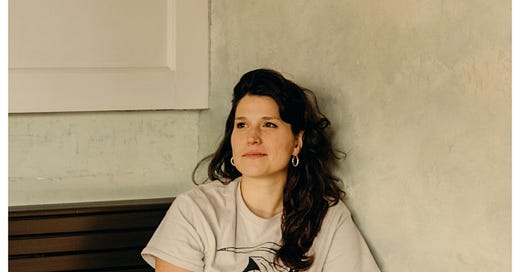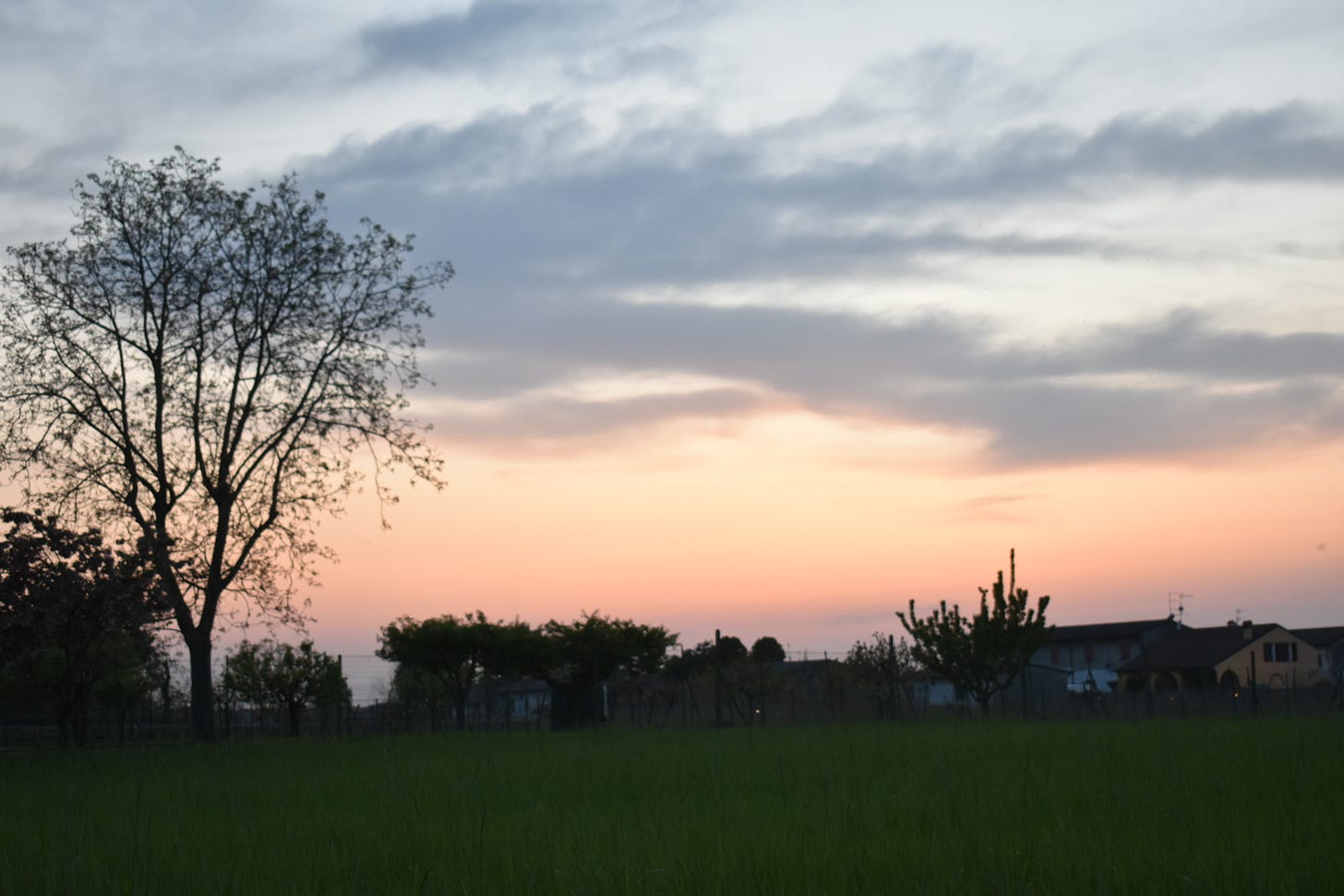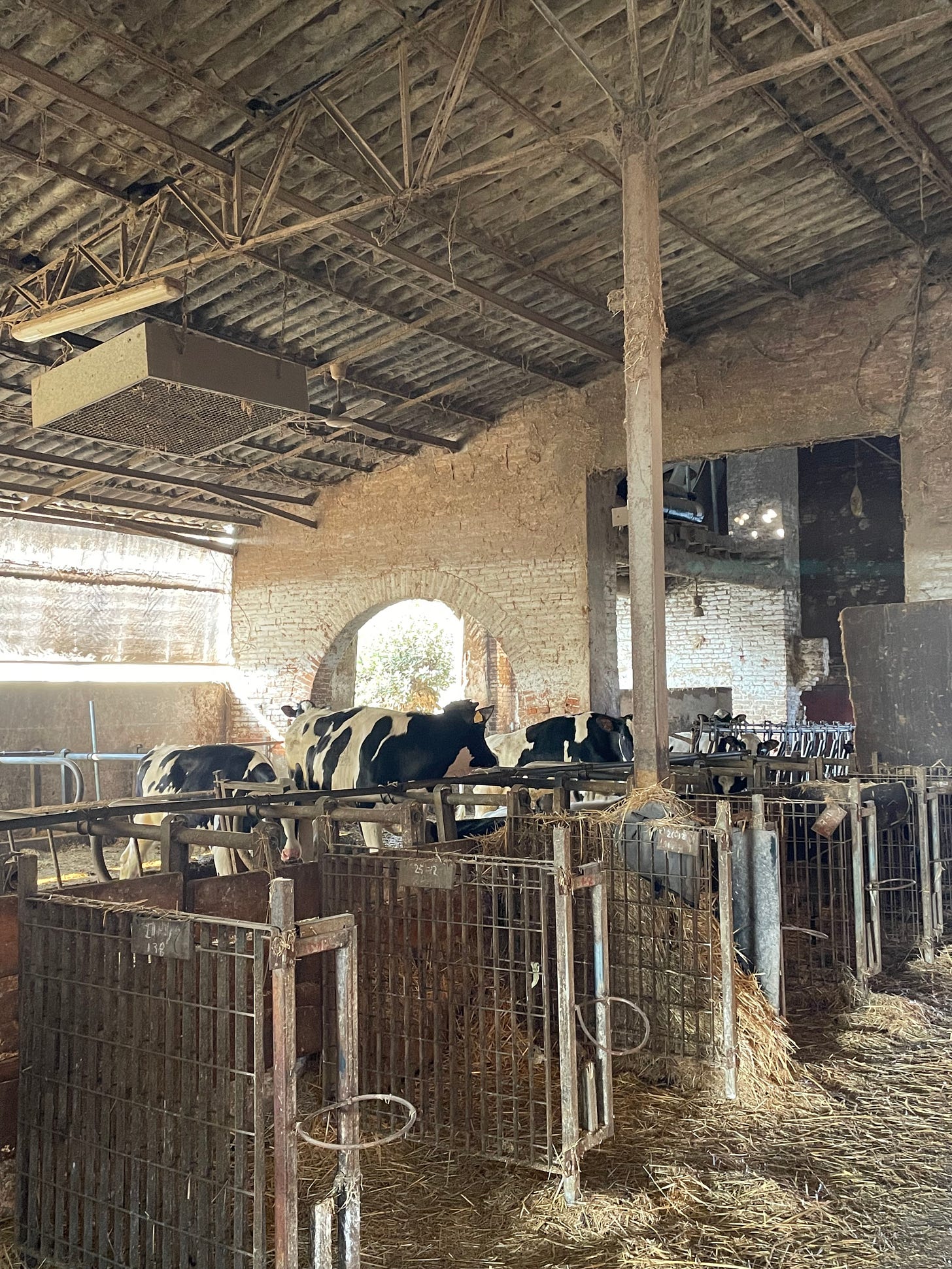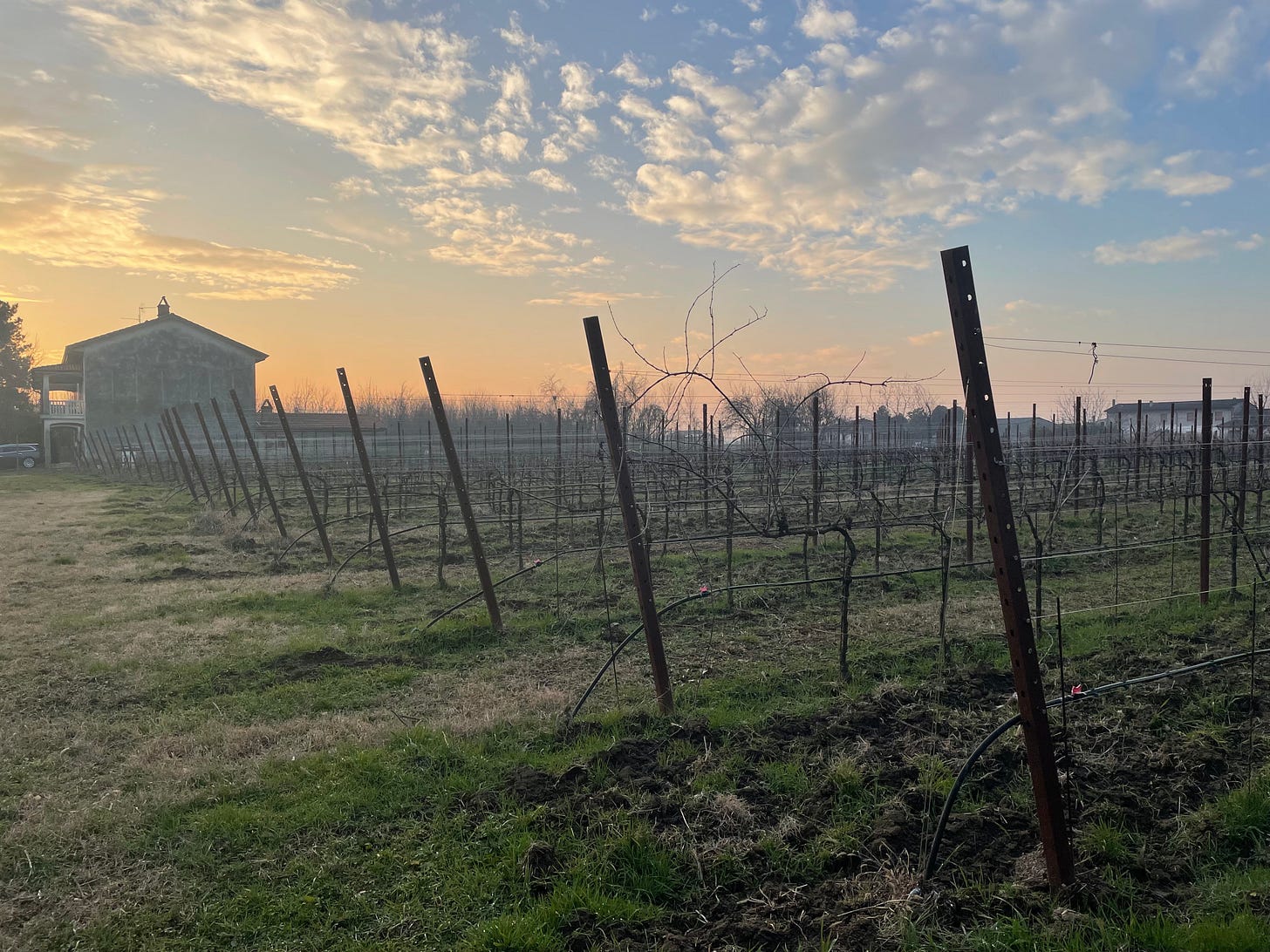Inebriate of Air
meditations on place, literature, and the vine: from Italy, New York, and beyond
Hard Places
I think I was probably 16 when someone off-handedly told me that, in the United States, your zip code of birth determines your capacity for income, or socio-economic status, for life. As an American growing up with the meritocracy myth, if you’re smart and work hard you can do anything—absolutely a sort of religious myth in our country—I remember, naïvely, this rocking my world. I looked it up immediately, and of course, it’s been very well documented. Where you’re born, and of course the other demographics linked to it, essentially determines your poverty or wealth, your opportunities for education, your outcomes for health and well-being.
I grew up in central Pennsylvania, in a relatively middle-class suburb where poverty was definitely visible, rich people less so. It’s not the roughest part of our country by any means, but I left it eventually for university and then to move to New York after, thinking it an easier route to study and access the arts, as well as restaurants and wine—essentially by going elsewhere.
I feel a bit ashamed of this trajectory now, 20 years after leaving where I was raised, because I thought that education and people interested in art or restaurants or wine might only be found in cities, in bigger, fancier places. In retrospect, it was true, in terms of societal patterns bigger than my personal choices. And I met amazing people by going to new cities and studying in various universities. I met amazing people working in restaurants in those cities; I learned boatloads. It’s all been a big privilege. The slight embarrassment comes from feeling like I sort of abandoned harder places, places like where I’m from: where life surely isn’t wretched, but where it’s not easy to plug into more niche parts of culture, areas harder to obtain.
I find myself now at a funny juncture: after 15 years of living in New York, I’ve given up permanent city living; took a lease on a little roost in Pennsylvania, where I was raised; and have largely spent my time over the past ten months or so going back and forth between Italy and New York. In Italy, I’ve been in the provinces of Verona and Mantova in the north - the Veneto and Lombardia, respectively.
Verona isn’t a hard place — it’s rather fancy, small as an international city goes, full of tourists, and visually it’s totally beautiful, with abundant wealth compared to much of the rest of Italy. Verona is also rich with history, stretching from the ancient Roman era through the medieval one and into the present. (Recent history, of course, has its darkness in this town, but that ongoing 20th-century affliction is fodder for another moment.) Likewise, Mantova city is small but not rough by any means; it bears many markers of affluence hailing all the way from the 16th century, and it is a total pearl to visit for a few days.
But it’s the countryside in between these places that captures me—the small villages that were feudal outposts for big lords, or places where monks saw great territory and dropped their tiny chapels, or places where mills made sense on various rivers, where silk and wool industries flourished later on. These places might actually be called “hard”—places where factory and industry dominate today, places where there aren’t fancy wine appellations or cities famous for fashion and leather and sunglasses.
Perhaps as a result, though I myself am a bit surprised at where all roads may lead, I find myself set up in a tiny village: 45 minutes south of Verona, 25 minutes east of Mantova. This village, Villimpenta, sits on the exact border of the Veneto and Lombardia, as well as being only 25 miles or so north of the Emilia border. In other words, it’s at a complete crossroads, difficult to explain, nearly impossible to easily market.
It’s a small natural winery that’s brought me here, name of Villa Picta, and the young winemaker whose wines first caught my eye, and then whose everything else. Wines from places that are hard to describe are hard to sell. Places where there aren’t big cities or good universities or glamorous piazzas are undesirable to many.
I’m happy to be spending time now somewhere significantly harder to describe than New York. It feels like a little homage to the place I was raised that was, in its way, beautiful, though it lacked opportunities of a certain kind. Where I was raised was a broad river valley; here is defined by the many glacial tributaries flowing into the grand, slow river Po. Sometimes I get a weird feeling: like I’m looking at a landscape a bit like the one where I was raised. It’s flatter here, but like my hometown, there are also dairy farms, stretches of corn and rice and soy, mosquitoes and doves, rigorous humidity, delicately striated sunsets.
I’ll be writing here about this place, the winery and the winemaking, both the namelessness and the exciting potential of the wine region, along with its deep history. I’ll also write on other places visited; interesting lore from both here in Italia and at home in New York and Pennsylvania; and literature of all the places that will hopefully be of interest. Words, wine, and places both hard and soft are the theme. Hope you’ll enjoy following along.









a new way to keep learning from you? you’re the gift that keeps giving 🫶🏽
First 😘